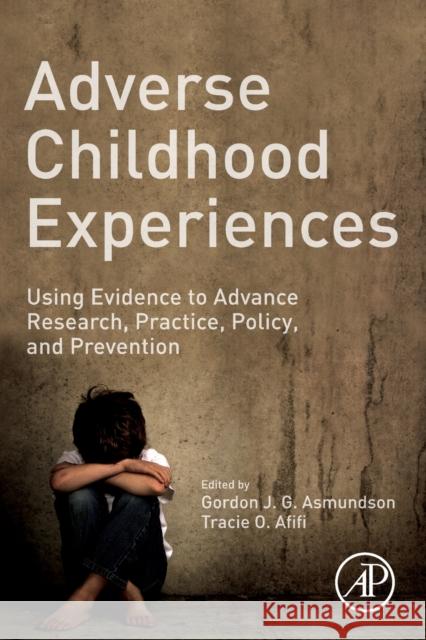Adverse Childhood Experiences: Using Evidence to Advance Research, Practice, Policy, and Prevention » książka
topmenu
Adverse Childhood Experiences: Using Evidence to Advance Research, Practice, Policy, and Prevention
ISBN-13: 9780128160657 / Angielski / Miękka / 2019 / 384 str.
Adverse Childhood Experiences: Using Evidence to Advance Research, Practice, Policy, and Prevention
ISBN-13: 9780128160657 / Angielski / Miękka / 2019 / 384 str.
cena 504,96 zł
(netto: 480,91 VAT: 5%)
Najniższa cena z 30 dni: 493,62 zł
(netto: 480,91 VAT: 5%)
Najniższa cena z 30 dni: 493,62 zł
Termin realizacji zamówienia:
ok. 12 dni roboczych.
ok. 12 dni roboczych.
Darmowa dostawa!
Kategorie:
Kategorie BISAC:
Wydawca:
Elsevier Science Publishing Co Inc
Język:
Angielski
ISBN-13:
9780128160657
Rok wydania:
2019
Ilość stron:
384
Waga:
0.51 kg
Wymiary:
22.86 x 15.24 x 2.03
Oprawa:
Miękka
Wolumenów:
01
Dodatkowe informacje:
Bibliografia











